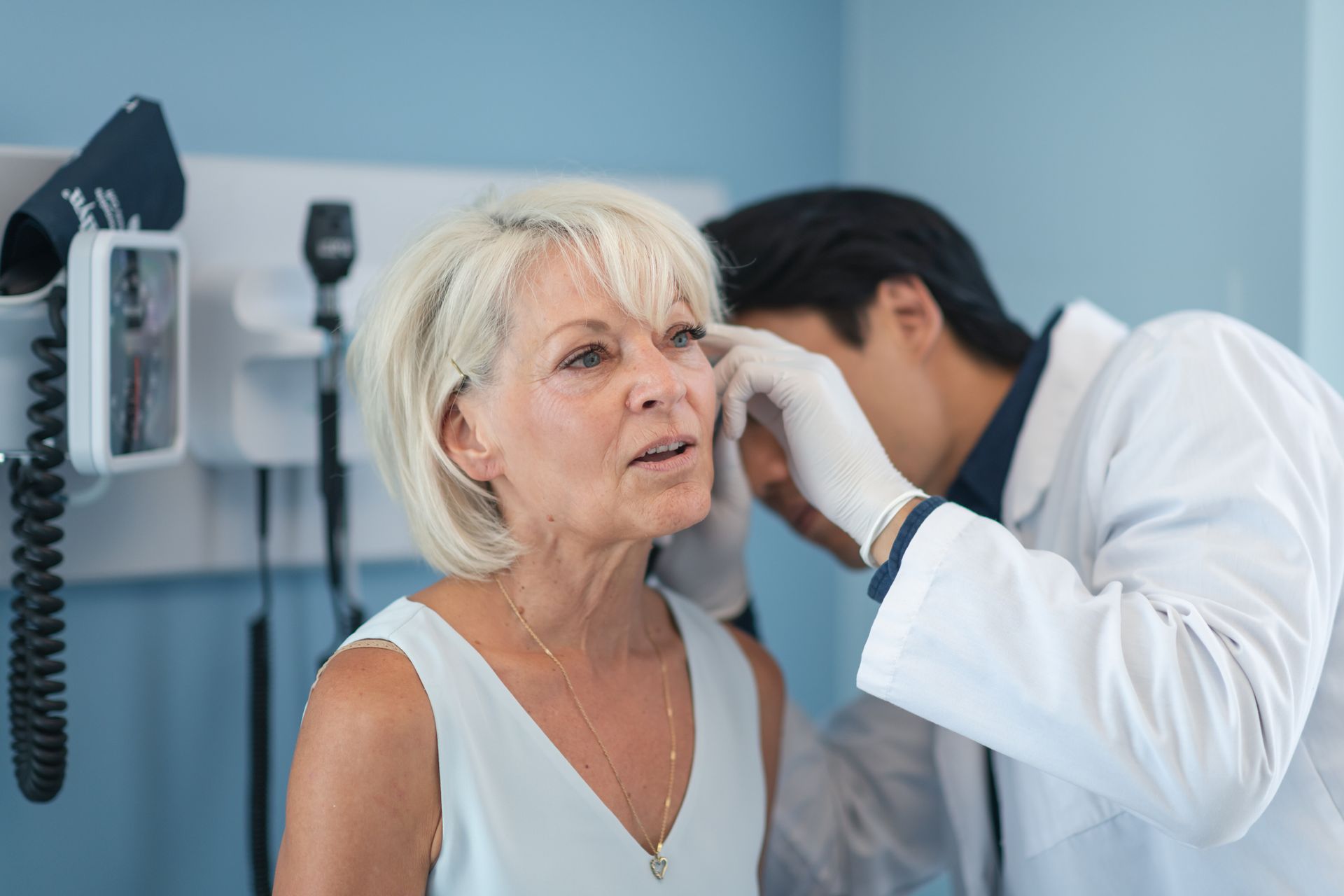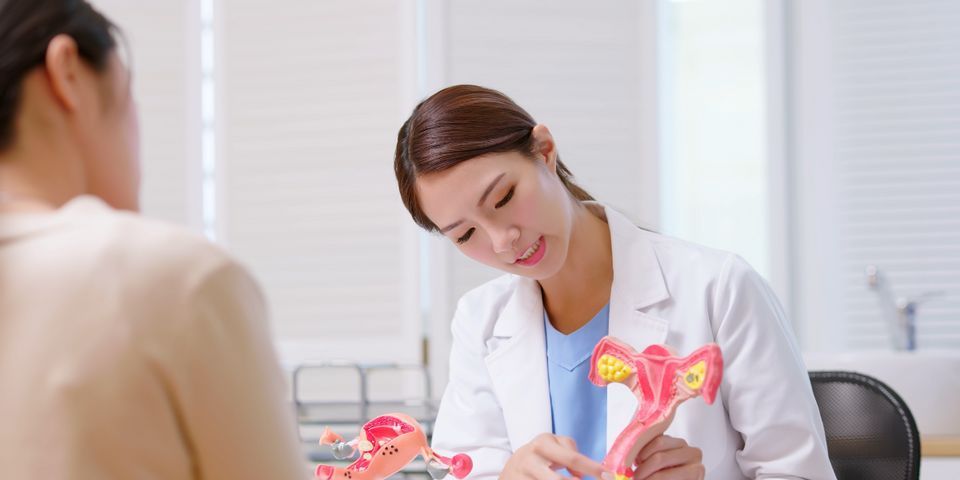Why Women Should Schedule Mammograms
Breast cancer is relatively common in women, but when caught early, the survival rate drastically improves. Currently, a mammogram is the most recommended tool by OB-GYNs for detecting cancerous breast tissue before it can grow and spread. Here's what you should know about this screening and why you should schedule it regularly.
What Is a Mammogram?
A mammogram involves using a low-dose X-ray to take pictures of the breast tissue. It can detect lumps or abnormal growths that may not be felt during a clinical or self-exam. Screening mammograms look for signs of breast cancer in women who don't have any symptoms or problems. Images are taken of each breast from two different angles.
If lumps can be felt in the breast or if the screening mammogram detects a calcification or mass, an OB-GYN will perform a diagnostic mammogram to look at the breasts from extra angles to determine if further testing is needed.
When Should You Schedule a Mammogram?
Women should schedule their first mammogram by the age of 40 and begin annual testing by 45. If you have an increased risk of developing breast cancer, annual appointments between the ages of 40 and 50 are highly recommended as the disease tends to be more aggressive in this bracket.
Besides age, genetics also tend to play a role. If you have a close relative with this type of cancer, your risk goes up by 15%, and 5–10% of cases are caused by an inherited genetic mutation.
High breast density can increase your risk as well. When the breasts are mostly composed of fibrous and glandular tissue, the mammogram has difficulty distinguishing between a tumor and tissue. Annual testing and additional ultrasound or magnetic resonance imaging (MRI) are often performed to get a better look.
What Are the Benefits?
Around 75% of women who develop breast cancer won’t have any risk factors, making regular clinical mammogram screening the most effective way to detect the disease early. When caught in the initial stages, less extensive treatment is possible. For example, instead of a mastectomy, which removes the whole breast, a lumpectomy can remove the cancerous tissue and preserve the healthy tissue around it.
Early detection also prevents the tumor from growing and spreading to other parts of the body. When the cancer is contained to the breast tissue, the survival rate increases to 99%.
If it’s time for your annual mammogram, visit Northwest Community Health Center. Their highly trained staff provides quality and innovative medical, dental, behavioral health, and pharmacy services to patients in Libby, MT. Their doctors perform minor screening on-site and contract with Labcorp® to provide a broad range of testing and imaging services. Call (406) 283-6900 to schedule an appointment with an OB-GYN, and visit their website for more information about their women's health care offerings.














